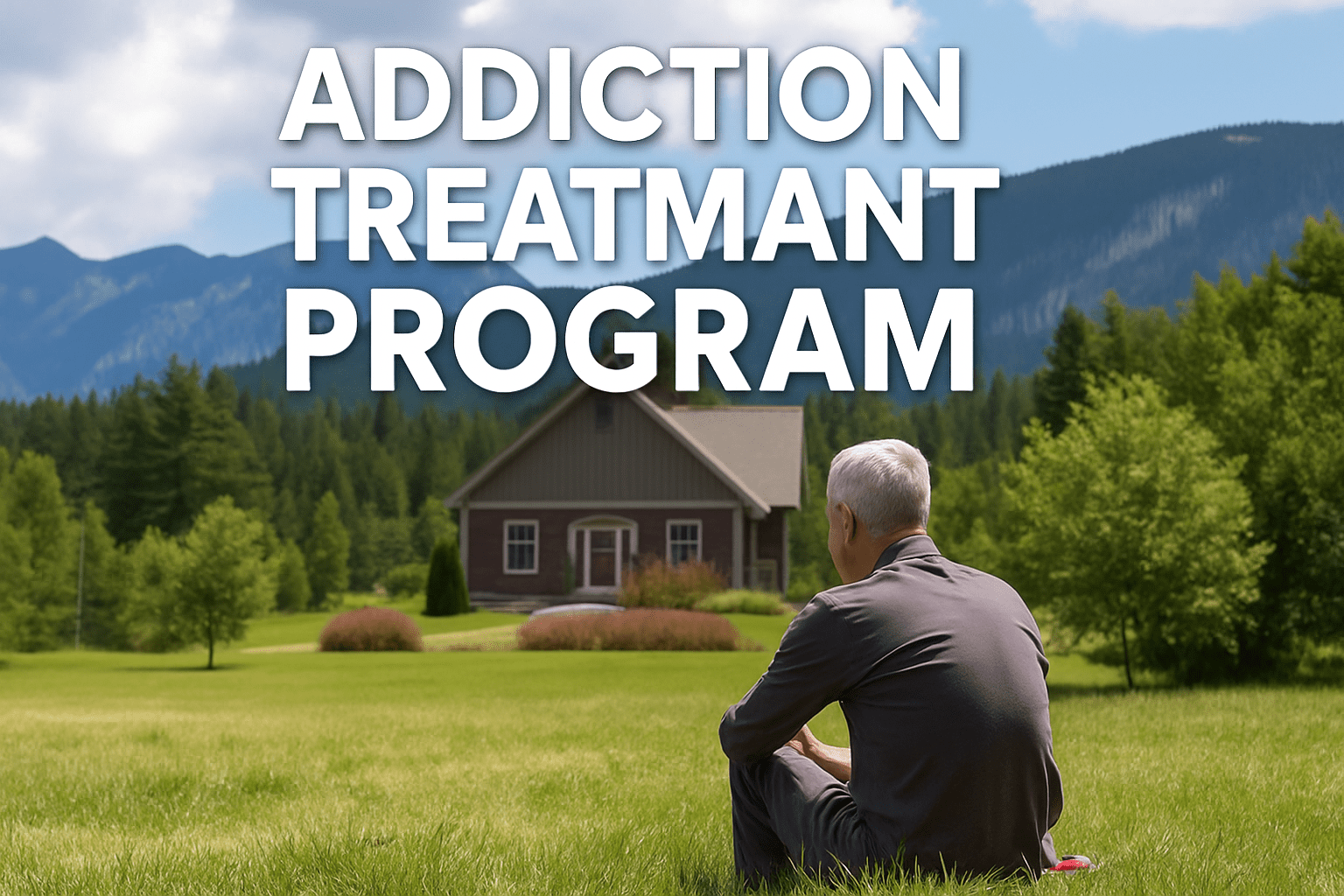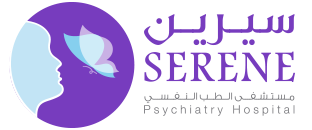Our Services

Serene Addiction Treatment Program
(Taafi Program)
Program Overview
The journey to recovery from mental health issues is a long and demanding process. The most distinguishing feature of this journey is the approach we follow and the mechanisms of its implementation. By deciding to seek treatment, you have taken a significant step forward. You should feel proud of your decision to join our recovery program. Serene Program (” The Path to Recovery”) not only supports patients but also guides their families step by step with professionalism, extensive scientific and practical expertise, to achieve the desired recovery goals.
Our Vision
Our vision in the Serene Recovery Program is to enhance the quality of life for individuals suffering from psychological disorders and whose lives have been disrupted due to mental illness. Serene is a safe haven for individuals with mental health challenges, offering solutions to alleviate their suffering and address their psychological issues. The program focuses on two fundamental pillars:
- Shifting focus from the duration of the program to the achievement of recovery goals, ensuring that the program’s conclusion is based on achieving therapeutic milestones.
- Actively involving families in the therapeutic alliance comprising:
- The family
- The therapeutic team
- The patient
Our Goal
The primary goal of the Serene Recovery Program is to alleviate the suffering of patients and their families. We aim to gradually transform patients’ lives for the better using the latest therapeutic methods, both medicinal and non-medicinal, helping them regain control of their lives.
Our Mission
We aim to raise mental health awareness in the community and combat the stigma surrounding psychological treatment, ensuring that no one is deprived of the opportunity to change due to societal perceptions of mental illness.
Diagnostic Services in the Program (“The Path to Recovery”)
- Initial Medical Evaluation and Diagnosis
- Comprehensive medical and psychological assessments, including detailed medical history and confidential records.
- Identification of psychological and physical disorders such as depression, schizophrenia, anxiety, and co-existing conditions (e.g., HIV, cardiac, or respiratory diseases).
2. Family Involvement
Families are involved from the initial stages to help them assume responsibility for post-treatment follow-up, preparing them as part of the treatment dynamics.
Therapeutic Services in the Program (“The Path to Recovery”)
Based on diagnostic outcomes, treatment plans are customized:
- Psychological and medicinal treatment programs tailored to the patient’s needs.
- Detoxification for patients dealing with addiction, ensuring a painless withdrawal process under expert supervision (10–15 days).
- Comprehensive programs for co-existing conditions like addiction and mental illness.
Key Components:
- Dietary Plans: Nutritionists design healthy diets to boost immunity.
- Individual Therapy: Confidential sessions led by specialized psychologists.
- Family Education: Weekly sessions to enhance family understanding and involvement.
- Group Therapy: Interactive sessions to foster peer support and collective growth.
- Life Skills Training: Weekly workshops to develop problem-solving, emotional stability, and self-confidence.
Four Phases of the Program
1. Phase One: Diagnosis and Initial Treatment
Focused on accurate diagnosis, motivation building, and overcoming denial.
Weekly Activities:
- Individual therapy (3 sessions/week)
- Psychiatric consultations (daily)
- Group therapy (3 sessions/week)
- Family involvement (weekly)
2. Phase Two: Cognitive and Behavioral Focus
Targets altering misconceptions and equipping patients with skills to avoid relapses.
Weekly Activities:
- Individual therapy sessions for skill development (4/week)
- Group therapy sessions (3/week)
- Recreational outings
3. Phase Three: Integration (Halfway House)
Practical training in social and life skills within a controlled external environment.
Objectives:
- Learn from mistakes and tackle challenges.
- Engage in structured activities like courses or vocational training.
4. Final Phase: Sustained Recovery
Focus on preserving gains, setting new goals, and full reintegration into life.
Weekly Activities:
- Individual and group therapy
- Tailored daily schedules aligned with personal goals
- Family support sessions
Therapeutic Approaches Used
- Group Therapy: Promotes collective learning, self-confidence, and constructive dialogue.
- Cognitive Behavioral Therapy (CBT): Targets negative thoughts to foster positive behavioral changes.
- Relapse Prevention Programs: Equip patients to handle high-risk situations and maintain long-term recovery.
- Spiritual and Religious Programs: Foster spiritual growth through weekly sessions and community service.
The Serene Recovery Program is dedicated to accompanying patients and their families on every step of this transformative journey, ensuring a comprehensive recovery and a return to a fulfilling life.
